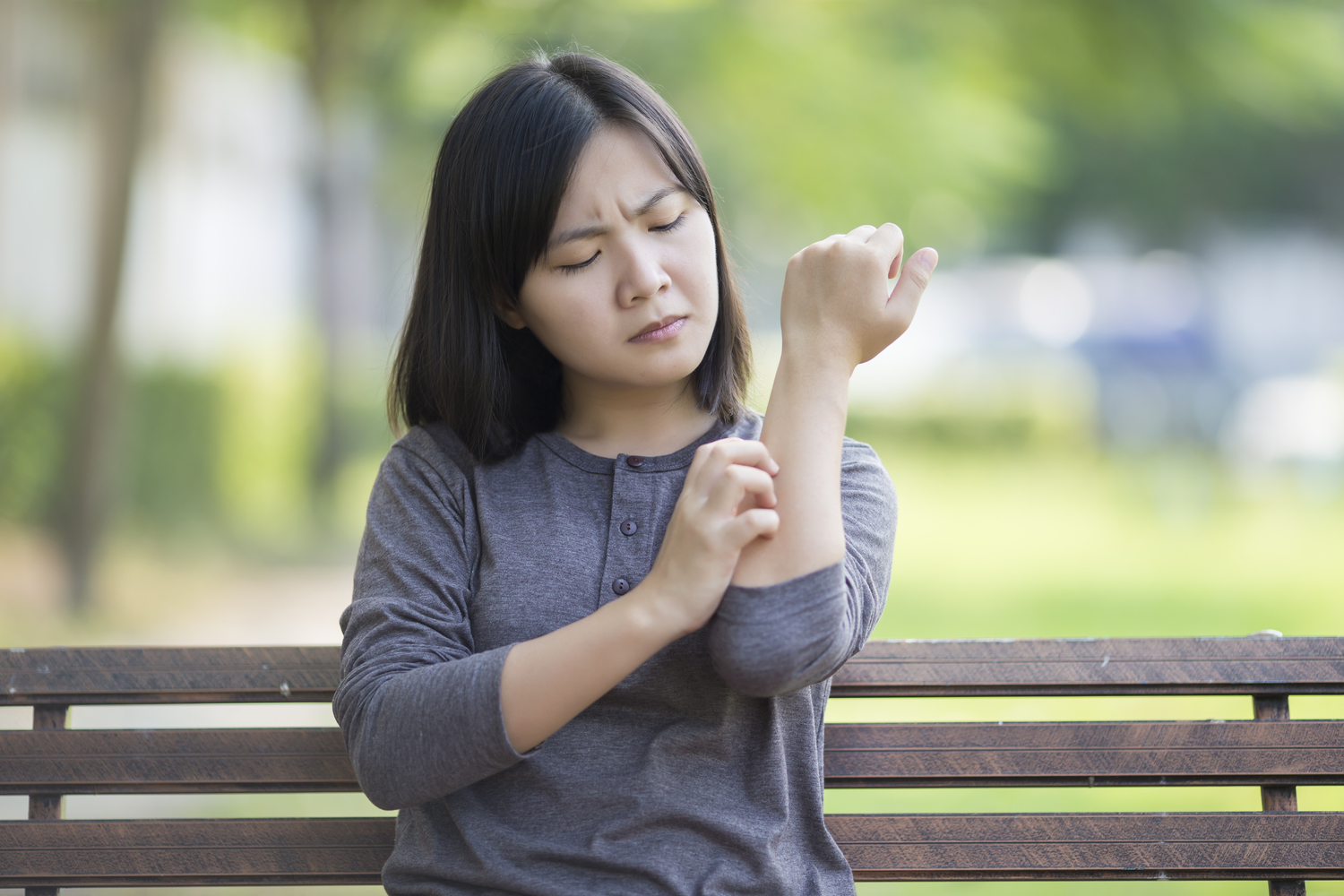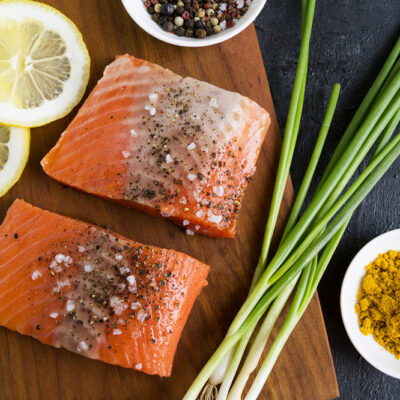
Treatment Options and Foods to Avoid for Psoriasis
Psoriasis is an inflammatory skin disease that causes skin red, raised flakes and scales. The most prevalent symptoms of psoriasis include itchiness; dry, cracked skin; scaly scalp, pitted and crumbly nails, and achy joints. Treatment depends upon the type of psoriasis, however, typical medications include topical creams and light therapy. Additionally, effective doctor prescribed medications include apremilast Otezla, etanercept Enbrel, adalimumab Humira, infliximab Remicade, ustekinumab Stelara, ixekizumab Taltz, guselkumab Tremfya,tildrakizumab Ilumya, and Certolizumab Cimzia secukinumab Cosentyx. Reducing skin triggers, especially the following foods, is also crucial for controlling your psoriasis and preventing flare-ups:
1. Red meat
Omega-6 fatty acids, polyunsaturated fat, and saturated fat are abundant in this meat. Omega-6s trigger the creation of substances that raise inflammatory levels in the body. Symptoms may be brought on by consuming excessive amounts of such meat and other meals rich in omega-6. Foods to avoid include:
- Beef
- Pork
- Sausage, bacon, and other processed meat
2. Wheats and rye
Gluten is present in these grains and worsens psoriasis symptoms in gluten intolerant people. However, psoriasis is not brought on by gluten, but it creates an immunological reaction that might worsen the illness. Therefore, it’s crucial to avoid meals that contain gluten.
3. Tomatoes and eggplants
The nightshade family includes brinjals and tomato plants among others. Solanine, a substance found in these plants, has been demonstrated to impact digestion and perhaps trigger inflammation. Also, these veggies are often cited as a psoriasis flare-up trigger; thus, those with psoriasis should avoid eating them.
4. Alcohol
One major psoriasis trigger is considered to be alcoholic drinks. Inflammatory chemicals called cytokines are released more often when it is consumed. Since a hyperactive immune system brings on psoriasis and significant amounts of inflammation, drinking it may exacerbate the existing inflammation. The immune system’s capacity to eradicate infections may also be lowered by alcoholic drinks. Your immune system gets more active when you are sick, which may worsen psoriasis symptoms. Alcoholic drinks may also directly cause skin lesions in psoriasis by promoting skin cell growth even more. Alcoholic drinks also impact psoriasis therapy because it alters how the patient’s body metabolizes acitretin. This eventually lessens the drug’s effectiveness in alleviating psoriasis symptoms. As part of the psoriasis treatment regimen, avoiding triggers like alcoholic drinks is advised. Its usage is often discouraged for patients with psoriasis due to its impact on symptoms, therapies, and side effects.
5. Caffeine
The symptoms of psoriasis may be exacerbated by caffeine. It has been linked to psoriasis and phenotypes associated with flare psoriasis. When coffee is eliminated from the diet of those living with psoriasis, they report relief in their severe symptoms. Caffeinated drinks should be avoided if you have psoriasis. These drinks include:
- Coffee
- Green and black teas
- Caffeinated soda and energy drinks
Although there is no treatment for psoriasis., the various treatment options serve to lessen its symptoms and severity. However, psoriasis may be controlled by taking the proper doctor-prescribed medications, and by avoiding foods that aggravate the condition and increasing the consumption of foods that reduce inflammation.


